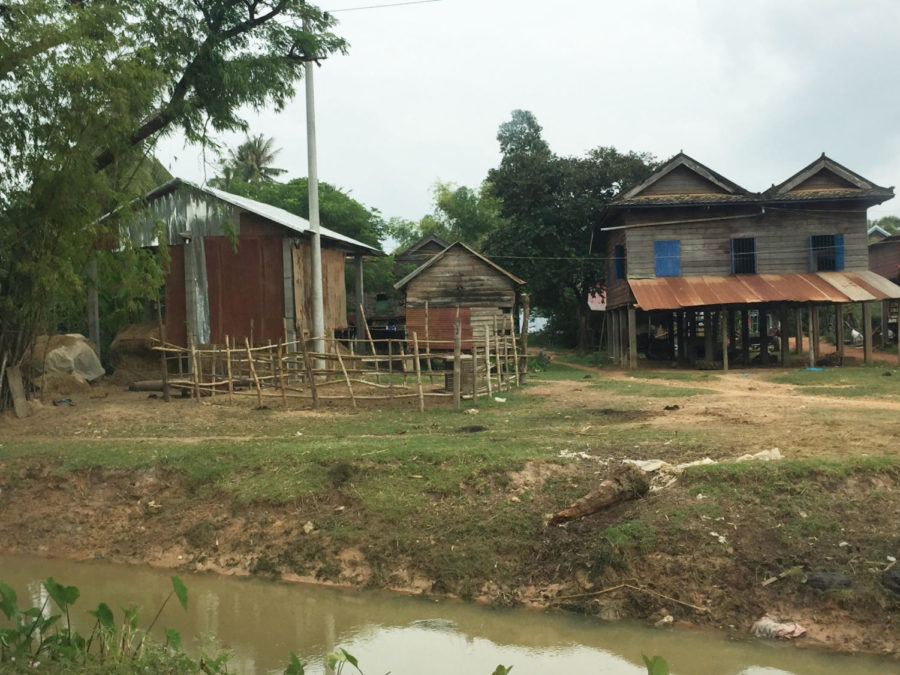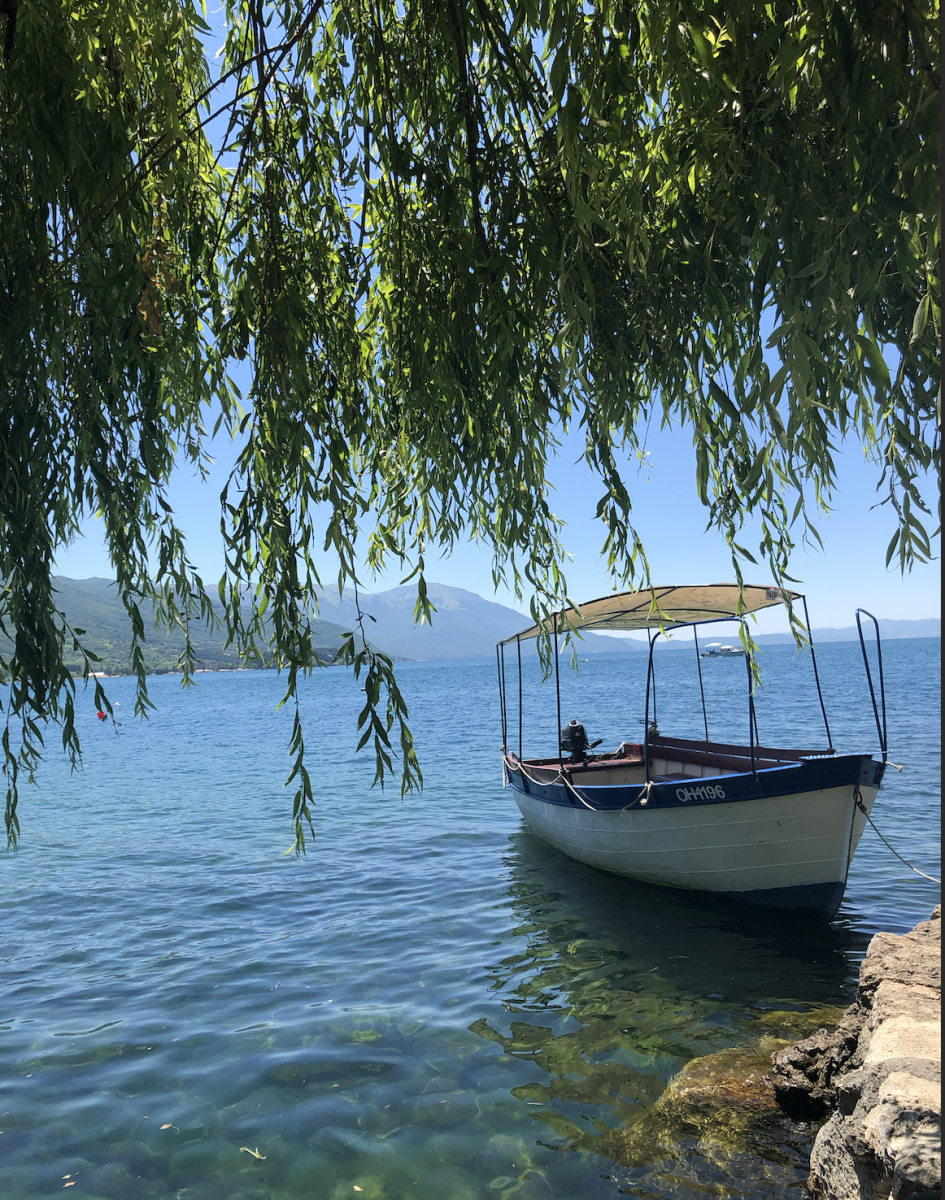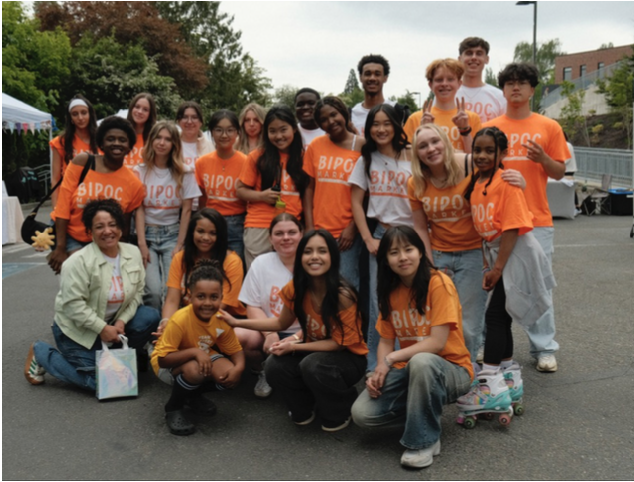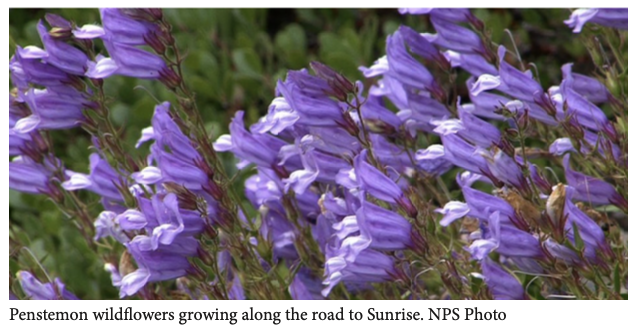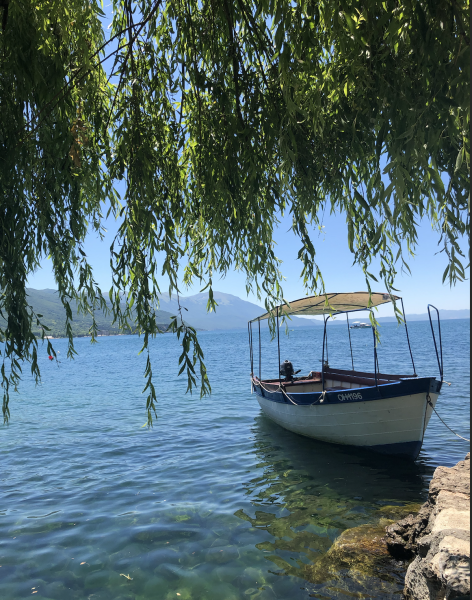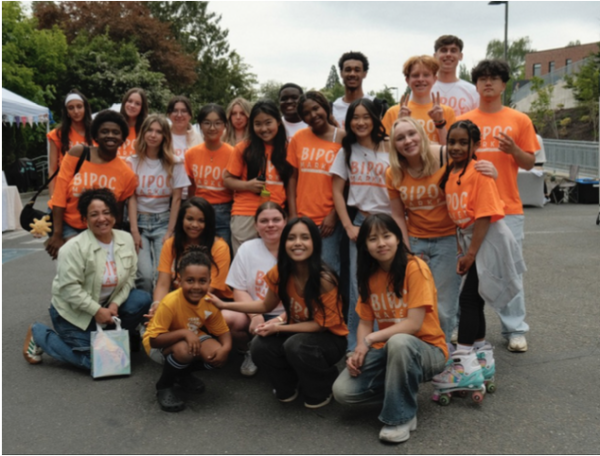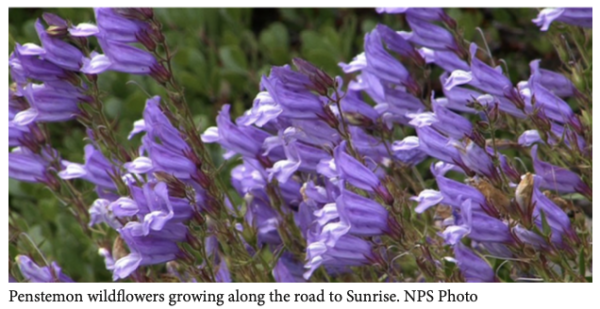Grant winners pursue passion projects
December 1, 2017
Last year, each 10th grader had the chance to receive $1,000 to pursue a project or idea. Each student presented her idea in Advisory, a few of which were chosen to present to the entire class. Judges, who watched the groups present, made the final decision on which projects won the grant money. Three project ideas received $1,000 grants: Chanthen Hong to provide supplies to schools in rural Cambodia, Gloria Qi and Ayiana Honeysuckle-Heimbuch to provide instruments and music lessons for local students in need, and Sarah Peng to provide learning opportunities for Annie Wright students interested in STEM. Inkwell talked to the students about their progress and hopes for the future of their projects.
Inkwell: What have you worked on so far, or what have you done in terms of your project?
Hong: So far I’ve looked at some schools who really need supplies and are lacking resources. So I’ve looked at remote areas in my hometown and I’ve reached out to some organizations that are already doing the work, because I don’t want it to be just a one-time thing. I want to create a system so that it will continue to work and have its effect. So currently, I’m still reaching out to them and finding the logistics, like where should I get the books from and what kind of things I should give to them.
Honeysuckle-Heimbuch: We started out by researching which schools needed the funding the most. So we left classes a few times last year, maybe five classes, to go visit the schools and see which looked like they were the most high need for an introduction to music. It would be ideal if we could get it going by the end of this year. I can’t promise that it would be. We still need to talk to colleges and get actual volunteers. Getting the students that want lessons is a lot easier than getting people to teach them.
Peng: I have reached out to about 90 professors from UW and UPS to seek opportunities for Annie Wright students who want to get more insight in the STEM field. Even though there has been some difficulties on scheduling and organizing, I have made a plan for field trips to some laboratories in UW for my STEM club members. Also, I have invited professors from UPS to give lectures and share their experience as women in STEM field.
Inkwell: What are your hopes for the future of this project?
Hong: I basically just hope that children, no matter rich or poor, can get an education that could help them in the future, because a lot of children in Cambodia do not have access to a good education, partly because of our education system and also in remote areas there are really old schools with no real teachers, they just turn up whenever they choose to. So I would like to change that. I just hope this project will make a slight change in that and inspire other people to work toward a similar goal that I have.
Honeysuckle-Heimbuch: We hope that in the future we can talk to schools like SOTA or UPS and see if there are any students there that would interested in getting experience by volunteering, without being paid, so that we can use the money to afford the instruments. And then potentially influence a lot of children’s lives and help show them music.
Peng: I wish for this club to inspire and help Annie Wright students discover more in the STEM field. If possible, I would also like to expand the club to include the Lower School and potentially some other high schools in Tacoma.


